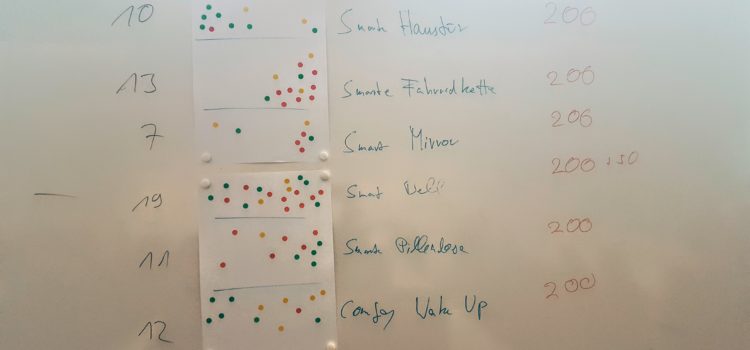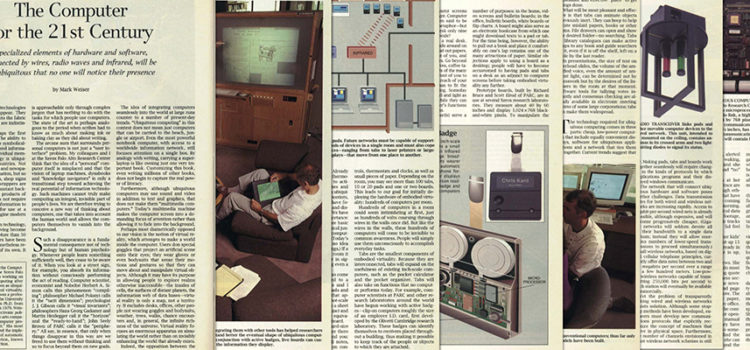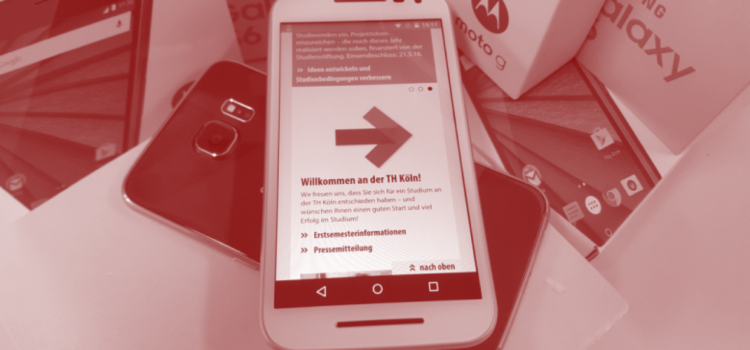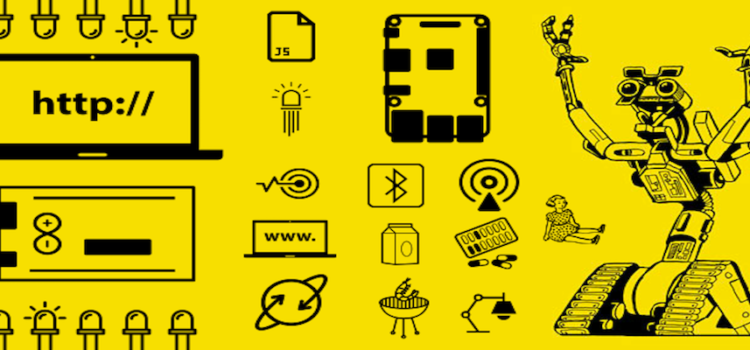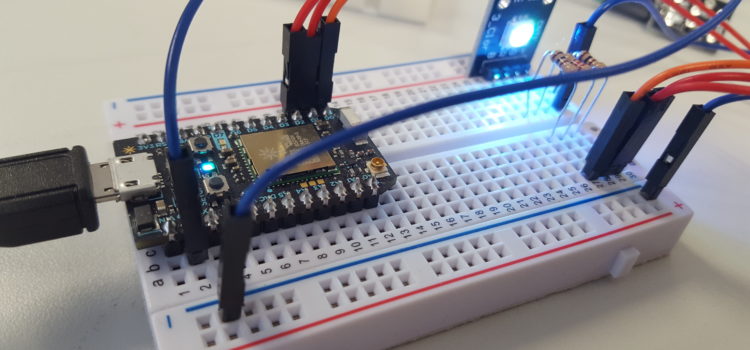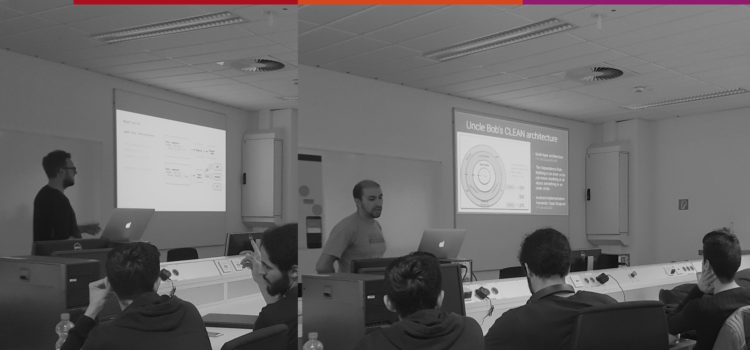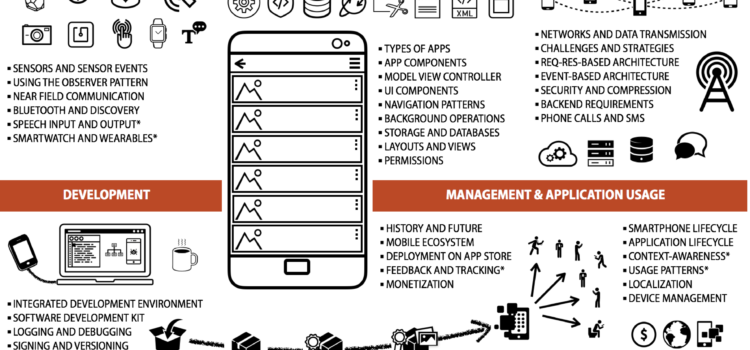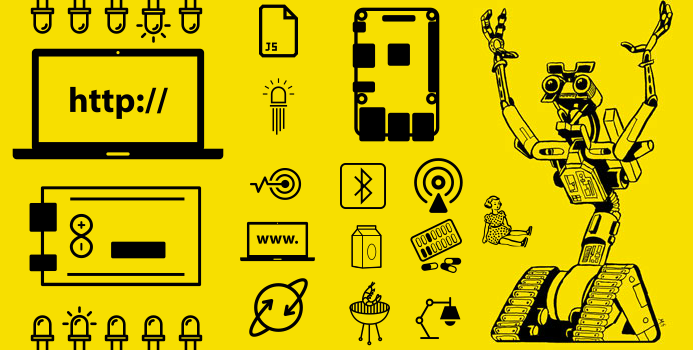“Things” are becoming smart and connected. Today we had elevator pitches during our meeting in WPF Internet of Things. Students presented their project proposals and discussed interesting aspects of their product ideas. Students are working as interdisciplinary teams: Computer science students will now work
Things are becoming smart and connected
